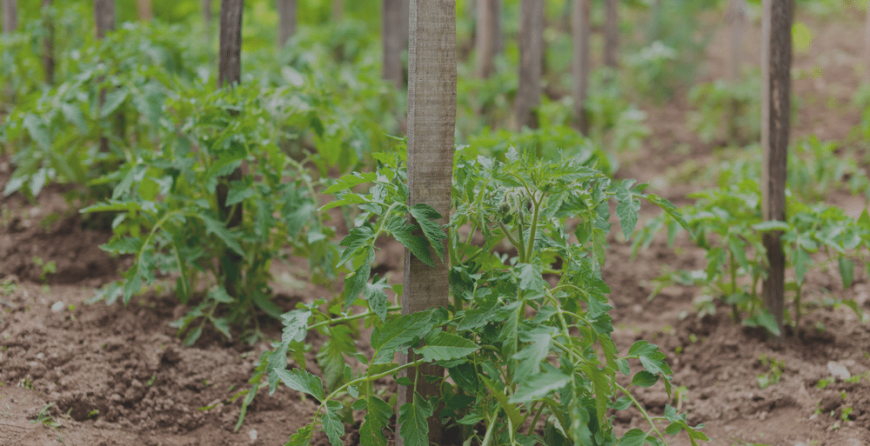 The term, organic, when used in gardening, means finding environmentally friendly ways to work the land and working with, rather than against, nature. Organic gardening isn’t always applied to only gardening but can be considered a way of life.
The term, organic, when used in gardening, means finding environmentally friendly ways to work the land and working with, rather than against, nature. Organic gardening isn’t always applied to only gardening but can be considered a way of life.
What is Organic Gardening?
Compost
Organic gardening is all about doing away with chemical fertilizers and making your natural fertilizers. So it is smart to make your natural fertilizers like compost. Preparing compost is very easy and economical. All you have to do is dig a big hole and then insert any biodegradable waste you have. For instance, you may use kitchen waste products like remains of veggies, dried leaves of trees, rotten fruits and vegetables for example, then mix in a little water. When the entire waste degrades, you can use it as fertilizer.
The History of Organic Gardening
The so-called “modern” organic movement was started in the late 1940s in response to the increased use of pesticides and chemical fertilizers used at that time. However, the principles of organic gardening have been used for centuries. There are many writings by authors that promote “good husbandry of the land” and the practice of crop rotation to preserve soil health.
The current interest in organic gardening had its beginnings in the 1960s when the concerns of the environmental damage caused by pesticides became more prevalent. The thought was, “if they were causing damage to plants, how do they affect humans?” Organic gardening seeks to remedy many of these damages.
The Environmental Benefits of Organic Gardening
By using kitchen scraps in composting and by eliminating, as much as possible the use of chemical pesticides and fertilizers, we can reduce their impact on our environment. But, is it possible to be entirely organic? The answer is not really. It would be very difficult to stop the use of all chemical products. But, by using natural methods as much as possible, we can make a start.
The Department of Agriculture has set up what they call Organic Standards. They explain the requirements that farmers and food processors must meet for their products or services to be labeled as organic. Different countries throughout the world have different standards from each other.
A very limited number of chemicals are allowed, and organic standards do not allow the use of artificial herbicides or fungicides. Compare this to nonorganic farming where as many as 450 chemicals are routinely used. Amateur gardeners do not usually need to conform to the strict organic standards. Your aim should be to develop a balance where you can compromise.
Why should we go organic? The main reason is to keep ourselves and our environment healthy. Over time, pesticides can accumulate and cause major damage to the foods we eat and, therefore, can cause damage to our bodies. It is an investment in our families’ future. If we all choose to use more organic methods in our gardens, we could make a dramatic difference for mankind.
We can also protect our wildlife by protecting our environment. Wildlife doesn’t just mean deer and other animals but also includes insects, birds, and other mammals. It also includes the fish in our rivers and lakes. So, you can see how many of our Earth’s inhabitants can be affected.
Organic gardening is not the solution to all of our environmental problems, but it is a valuable and positive step that we as individuals can take. It is very rewarding to be able to contribute to the well-being of our planet.


